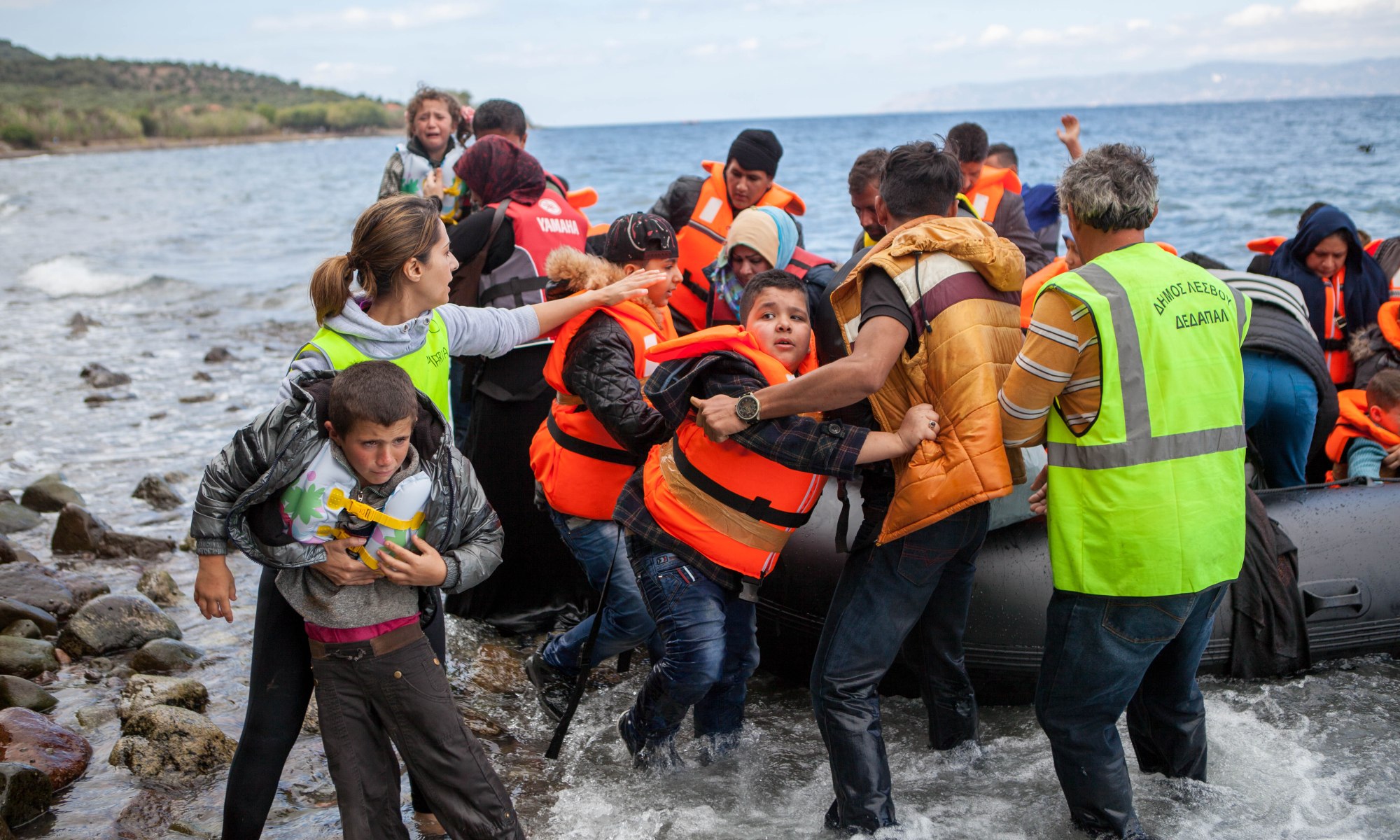Before I left Spain, I had the pleasure of attending a presentation by Louis Imbert hosted by Malaga University, entitled:
Should we speak of a migration crisis?
The focus of the presentation was the “refugee crisis” – the facts and myths behind it and how society and governments both look at and deal with this reality.
The term “crisis” is overtly negative, denoting panic, urgency, difficulty and confusion. What Louis so rightly concluded was that we should look at the so called “refugee crisis” as an opportunity – an opportunity to reflect on and review our attitudes and means of dealing with the needs of refugees. The actual crisis is itself the demonising of refugees, rampant Islamophobia and governments’ shirking of responsibilities, inadequacy, inability and unwillingness to adapt to current realities. Many European governments (some more than others) have created a number of barriers against welcoming refugees in response to the “refugee crisis” but the truth is that despite stories of “the boat people”, “migrants in lorries” etc., leaving one’s own country has become ever more difficult. Immigration and border policies have become more and more restrictive. Anti-migrant and anti-refugee policies and rampant fears of incomers overstaying have made it more difficult for visa applicants to be granted visas and lead to pre-departure border checks on behalf of the country of destination.
The fact is that we are not being “invaded” by refugees but instead anti-migrant, anti-refugee and Islamophobic rhetoric. Behind the misconceptions and lies, the fact is this:
Asylum seekers who registered in 2015 represent 0.26% of the European Union’s total population.
Figures have been blown out of proportion and scaremongering about public services have lead to public skepticism. Whats more, Europe/”The West’s” collective memory seems to have become rather blurred. The reality is that victims of war, persecuted minorities, political prisoners – all types of people feeling their home land to seek refuge – is not a new, recent, phenomenon. Furthermore, the arrival of refugees is not typical of the so-called “West”. The majority of Syrian refugees are in Turkey, Jordan and Lebanon – not Europe, as many unjustly fear.
We all have the right to food, shelter, health, religious freedom, an education and more – needs, necessities and rights which constitute our basic human rights. Let us remember, we don’t choose where we are born and in any case – we are all citizens and neighbours in one global world. In Christianity for example, a clear teaching is: Love they neighbour. In Islam, we also have a beautiful hadith [saying] which states:

Would you not do the same in their shoes? Such question is quite redundant in any case as – as a refugee – there is no choice: leave or die.
So, check out Louis’ presentation here and keep the message rolling: #RefugeesWelcome
Salam!
Image credit:
Feature image: CAFOD Photo Library (Flickr)



I do not even know how I stopped up here, but I believed this publish was once good.
I don’t kmow who you are but certainly you’re going to a well-known blogger in the event you aren’t already.
Cheers!
LikeLike